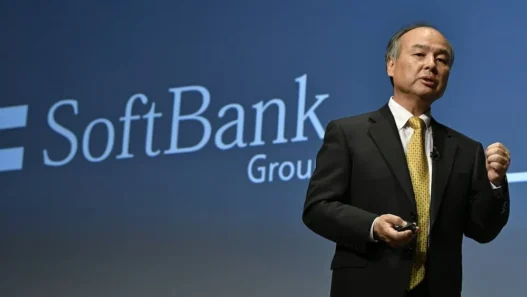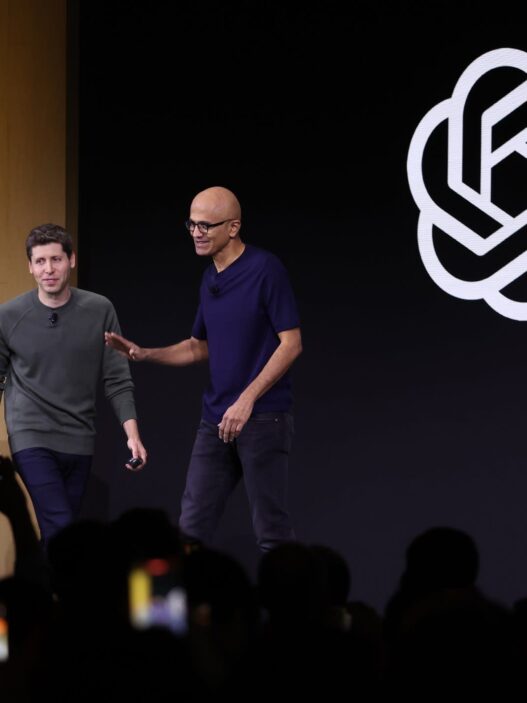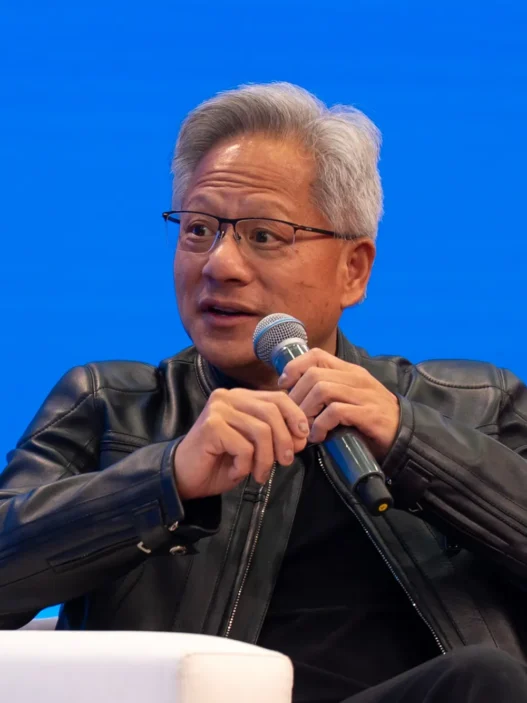Artificial intelligence has become the defining technology of the decade, and nowhere is its impact clearer than in the skyrocketing value of the people who build it. Across industries, AI engineers are being redeployed as consultants, helping corporations, governments, and investors navigate the complex world of generative AI, automation, and machine learning. Some of these experts now command fees of up to $900 per hour, rivaling the top earners in law and finance.
Why AI Engineers Are Becoming Consultants
For much of the past decade, AI engineers were viewed primarily as in-house technical talent—people who built models, trained data, and scaled infrastructure. But as the adoption of AI accelerates, companies are facing a strategic dilemma: How should AI be integrated into their business models, products, and operations?
This has created an opening for AI specialists to act not only as engineers but also as strategic consultants. Unlike traditional management consultants, they bring deep technical knowledge to the table, giving them credibility in boardrooms where executives need both vision and execution guidance.
The $900-per-Hour Price Tag
Top AI engineers with consulting practices—or those working through elite advisory firms—can charge between $500 and $900 per hour, depending on their experience and the complexity of the project.
Rates are highest for:
- Generative AI specialists who have worked with large language models (LLMs).
- Engineers with product scaling experience at top tech firms like Google, OpenAI, Anthropic, or Meta.
- Security and compliance experts, critical for companies deploying AI in sensitive sectors like finance or healthcare.
- Strategic AI advisors helping Fortune 500 firms rewire operations around automation.
These rates put senior AI engineers in the same earnings bracket as elite lawyers, Wall Street bankers, and top-tier strategy consultants.
Industries Driving the Demand
AI consulting demand is booming across nearly every sector, but especially in:
- Finance: Banks and hedge funds are paying top dollar for AI engineers who can design algorithms for trading, fraud detection, and risk modeling.
- Healthcare: Hospitals and pharma companies seek AI applications for diagnostics, drug discovery, and patient data management.
- Retail and E-commerce: Firms want AI-driven personalization, recommendation engines, and automated supply chains.
- Government and Defense: Agencies are contracting AI experts to advise on national security, surveillance, and regulatory policy.
In some cases, AI consultants are brought in for “AI readiness audits”, reviewing company systems to assess how prepared they are to adopt new technologies.
A Talent Bottleneck
One reason rates are so high is the scarcity of elite AI talent. Even with thousands of new engineers entering the field, the number of people who have actually deployed large-scale AI systems in real-world environments remains very limited.
Tech giants like Google, Microsoft, and Amazon aggressively compete to retain this talent internally, while startups often lure them with equity packages. For consultants, this creates a lucrative niche where demand far outstrips supply.
Potential Risks
While lucrative for engineers, the consultant boom raises questions:
- Cost barriers: Smaller firms may struggle to afford top AI expertise.
- Overhype risk: Some consultants may exaggerate AI’s capabilities, leading to costly missteps.
- Regulatory uncertainty: As governments impose new AI rules, today’s strategies may need rapid revision.
Outlook
The consulting premium shows no signs of slowing. Analysts believe that as more companies shift from pilot projects to full-scale AI adoption, the need for experienced engineers who can translate hype into execution will only grow.
Some predict the rise of a new elite class of AI advisors, blending the technical mastery of Silicon Valley engineers with the strategic polish of McKinsey or Goldman Sachs partners.
For AI engineers willing to step into the consultant role, the rewards are clear: influence in the C-suite, global demand for their expertise, and paychecks that redefine the value of technical talent in today’s economy.





















